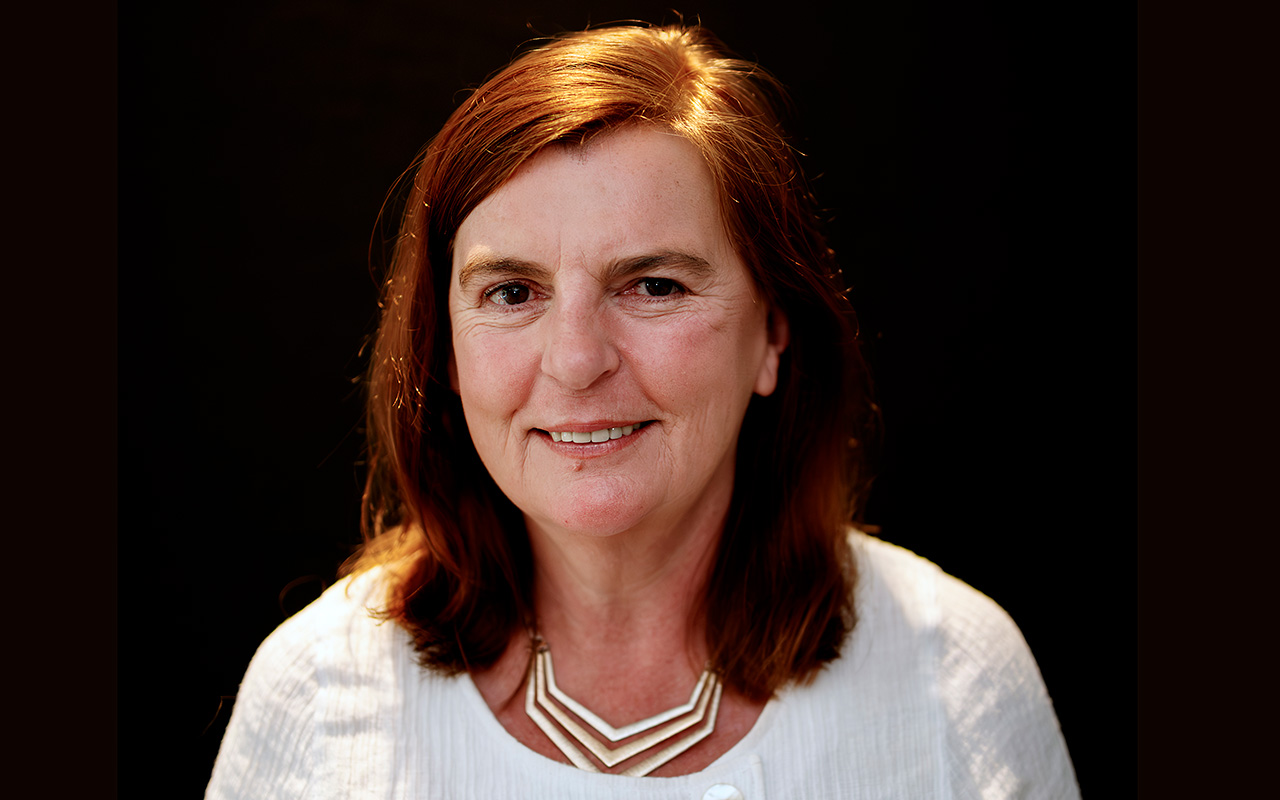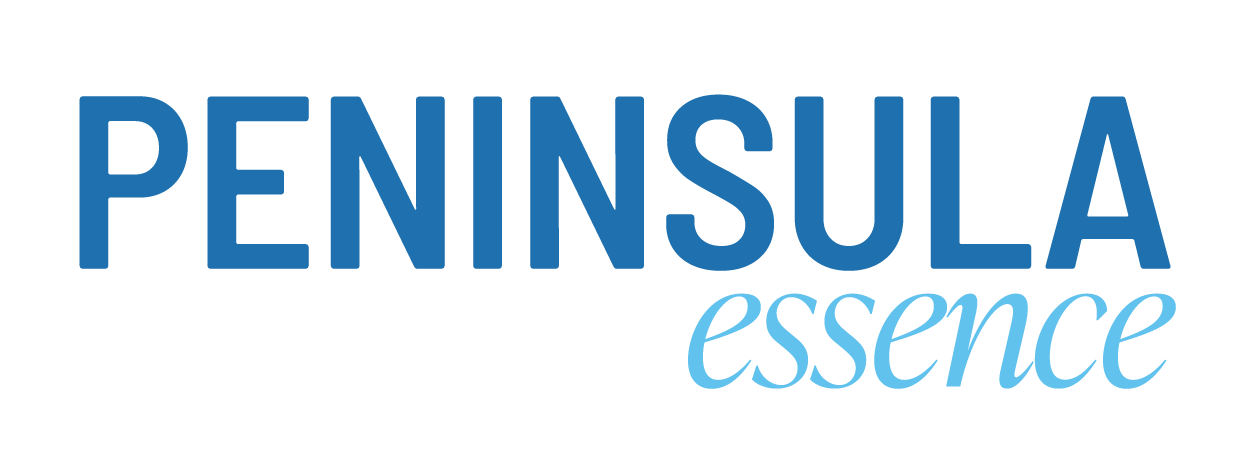
When a friend, who was buying LSD from the notorious Silk Road site on the dark web, showed peninsula-based lawyer turned journalist Eileen Ormsby how to download the dark web browser, she started investigating.
“It was mind-blowing. It looked just like eBay, Amazon or any e-commerce site except you were browsing through pictures of drugs – marijuana, ecstasy, cocaine, heroin, steroids for the gym junkies – they had reviews of the sellers on the quality of the product, how well they were packaged in order to get to you and not be detected, and they also had this robust community with forums where people were talking. That’s what got me excited and interested.”
It was mind-blowing. It looked just like eBay, Amazon or any e-commerce site
“The community was a lot less toxic than some of our regular online communities like Facebook groups. People who were there to buy drugs were also there for philosophical reasons. Everybody there was against the war on drugs – everybody thought there should be a better, safer way for consenting adults to buy their drugs of choice, and this was that place. I believed it was a safer way.”
In 2013, they found the owner, Ross Ulbricht, and arrested him. As soon as Silk Road went down, a hundred others popped up in its place. It looked like a very attractive proposition for organised crime out there to start their own sites, and they did not have the same philosophy as The Silk Road, which only sold drugs and wouldn’t sell anything the purpose of which was to harm or defraud another person.
By now, Eileen was very much involved in the forums and had started writing her first book, Silk Road. Ross Ulbricht was caught a month before Eileen’s manuscript was due. “It had to turn into a rise and fall story instead,” Eileen chuckles. “When he was arrested, some of the stories that came out later on made us realise that it wasn’t quite the lovely situation that we all thought it was. There was a lot of violence going on in the background, organised crime; there were much bigger deals – it wasn’t just people buying their pills for the weekend. It wasn’t quite what was presented to us. That was disappointing.”
How did it affect Eileen, writing about this dark world? “I don’t do as much as I used to. Most of it is not difficult. It’s just talking to people a bit outside the norm. I did go to a lot of trials of people who were caught breaking the law and that was harrowing enough. I would come home from those and be shaken up, and my partner would say, ‘Stop going! Don’t do it.’ But the other parts of it were not a problem.
I did have a long-term association with the owner of the dark web’s most prolific murder-for-hire site. An ethical hacker got me in through the back door. They weren’t carrying out any murders; they were scamming would-be murderers out of a lot of money. We had all this information on them, but we could not get law enforcement to listen to us. The Australian Federal Police said, ‘Go and tell Scamwatch.’ The FBI fobbed us off. We couldn’t get anyone to listen until I started writing articles about it, and then the owner of the site started writing to me, saying, ‘You don’t know who I am, but I know who you are. I can send my hit men after you and kill you.’ Then he said, ‘I’m doing the right thing; I’m scamming these would-be murderers out of their money.’” He has never been caught.

Has Eileen ever felt in real danger? “Not really. There has been some law enforcement snooping around in my computer rather than the bad guys. I was always very upfront with who I was and what I was doing so the people on the drug sites could choose to talk to me or not. I wasn’t tricking anybody.”
What is the dark web – really? “It’s the colloquial name we give to a group of websites that can only be accessed through a special browser. Once you download that browser to your computer, if you have the URL for a dark website, you can use it. If you were to put that into your normal browser, it would come up as ‘Page not found – this site does not exist.’ As soon as you put it into your dark web browser it will show you that hidden website.
The reason it was invented was to protect military secrets.
The technology behind a dark web browser means that nobody can find out who is behind that website, and that website doesn’t know who has visited it. It protects both sides. The reason it was invented was to protect military secrets. It still can be used for whistleblowers. I know the Guardian used to have a dark website; the CIA has one. The International Consortium of Investigative Journalists (ICIJ) use it.”
So, there is a useful side to the dark web, but Eileen says there are other things bought and sold that truly have a dark side. “The biggest issue is your personal information, which is most likely on the dark web. If your username and password have ever been given to a company that’s been compromised, then they are on the dark web. That’s why you don’t reuse them. You’re more likely to fall victim to identity theft and financial theft. Then, there are child predator sites. The dark web has provided a safe space for these people to get together to swap their materials and has given them a community in the same way the drug side had a community, which is heinous.”
So, if you’re tempted to try out the dark web, how do you stay safe? “The biggest thing is that anyone who jumps on there is bound to get scammed. It’s not likely someone is going to get into your computer and hack you. You’re more likely to get that through your emails.”
Eileen has written several true crime books, including Silk Road, which will be updated and reissued soon, especially with Ross Ulbricht being pardoned by Donald Trump, and The Darkest Web. She writes for The Casefile True Crime podcast, the number one true crime podcast in the world.





